১০ ফাল্গুন ১৪৩২
If something happens to Khamenei, will his Son Lead the Iran?
20 June 2025 00:06 AM
NEWS DESK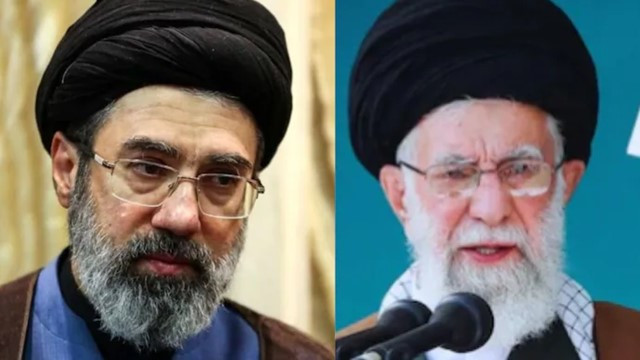
Israel's military campaign against Iran has raised questions about the future leadership of the Islamic Republic and who will succeed Supreme Leader Ayatollah Ali Khamenei if he is killed. After assassinating several top Iranian military officials and nuclear scientists, Israeli Prime Minister Benjamin Netanyahu has warned that Khamenei could be next.
Khamenei has rejected US calls for surrender in the face of Israeli strikes and warned that any military involvement by Washington would cause "irreparable damage". President Donald Trump said earlier this week that the US knew where Khamenei was "hiding" but that "we are not going to take him out ... at least not for now".
As tensions continue to rise almost a week after Israel launched its surprise attack on its major rival Iran, reports have emerged of the growing influence of Khamenei's son Mojtaba - and the possibility of him succeeding his father if Israel wipe him out.
Mojtaba is a mid-ranking cleric seen as an influential figure within Iran's decision-making circles, despite his lack of public appearances, insiders have previously told Reuters. Those sources said he has established solid ties with the Islamic Revolutionary Guard Corps (IRGC), and other important religious and political players in Tehran.
Although Khamenei has never endorsed a successor, Iran analysts say Mojtaba has long been considered as one of the main candidates to be the country's next supreme leader. The other was the late President Ebrahim Raisi, who died in a helicopter crash last May.
Despite talk of his extensive influence, Iran's Assembly of Experts - the panel that will be tasked with appointing the country's next supreme leader-excluded Mojtaba from a list of potential candidates about six months ago, according to reporting by Reuters.
However, although his popularity is said to have faded, sources said there had been behind-the-scenes lobbying by influential clerics to put his name back into the mix.
US and Israeli officials have previously raised concerns that the lack of consensus over who should be the country's next supreme leader could complicate the succession phase, and lead to chaos within the regime, the Wall Street Journal reported last year.
Iran watchers have also said that Khamenei opposes hereditary rule in a nation where the US-backed monarchy was overthrown in 1979.
Nevertheless, the overlapping of religious and military institutions in Iran, as well as the lack of transparency behind the process to appoint the next supreme leader, means that Mojtaba cannot be ruled out.





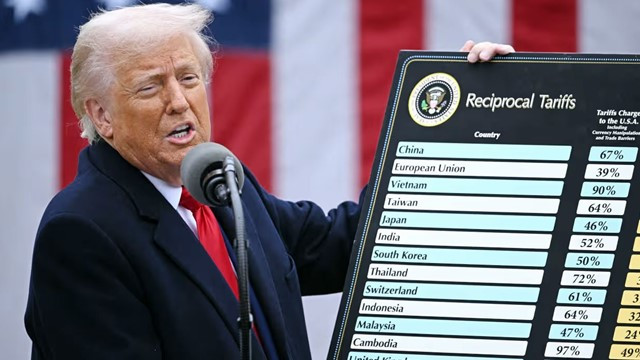
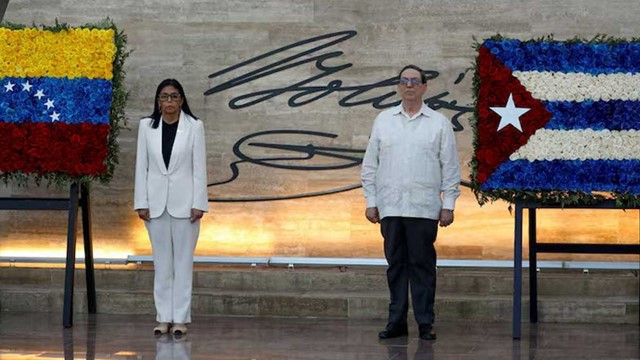
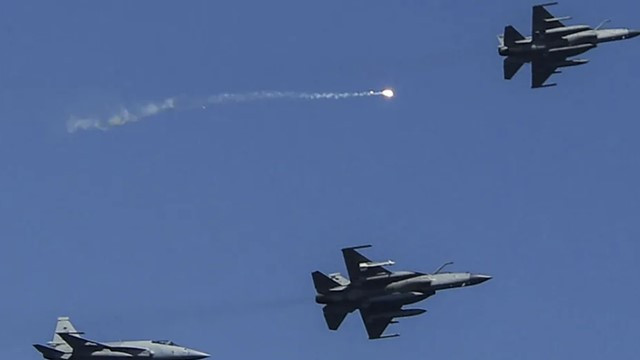
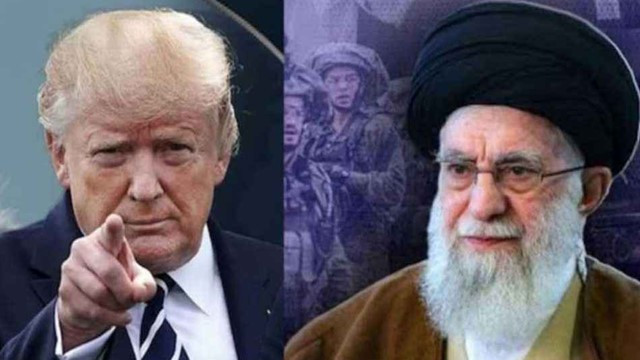
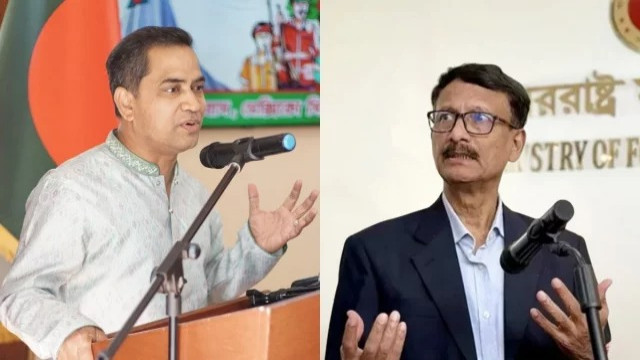
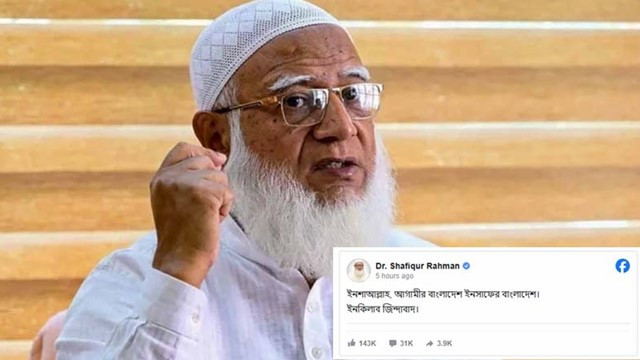
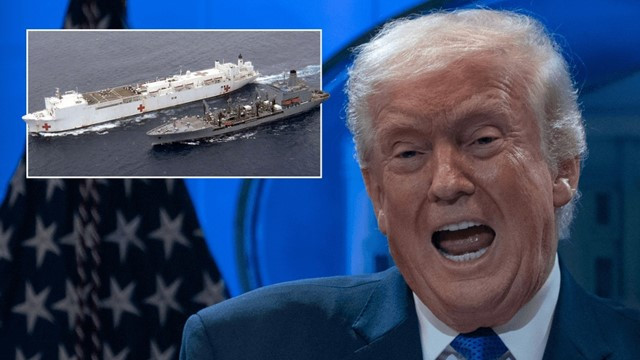
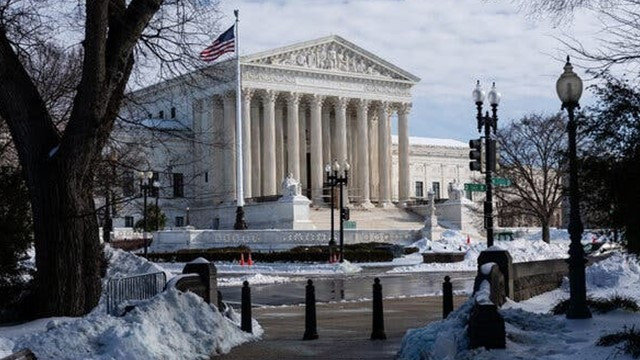
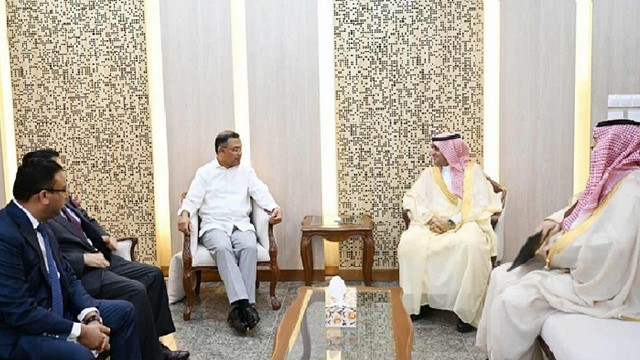
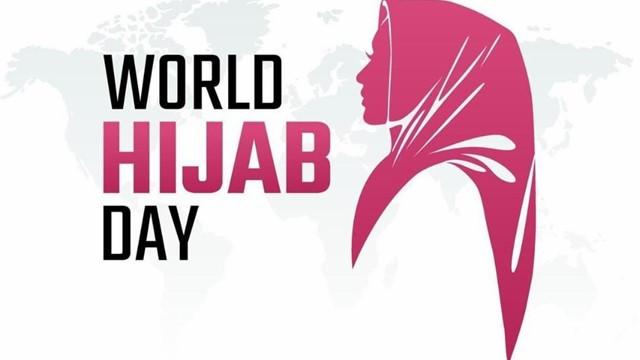
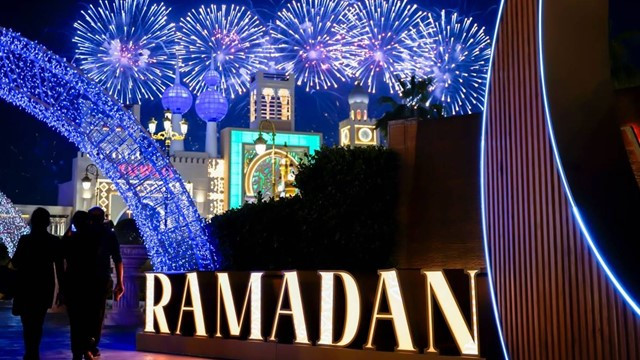
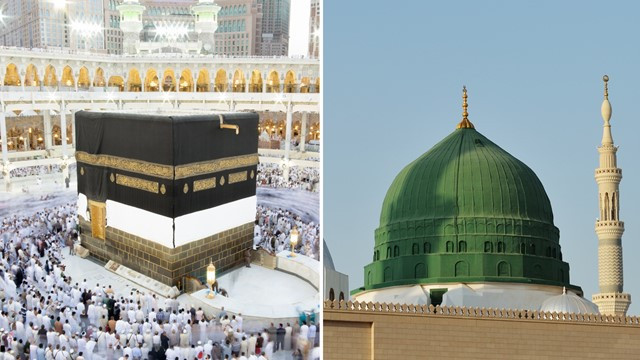
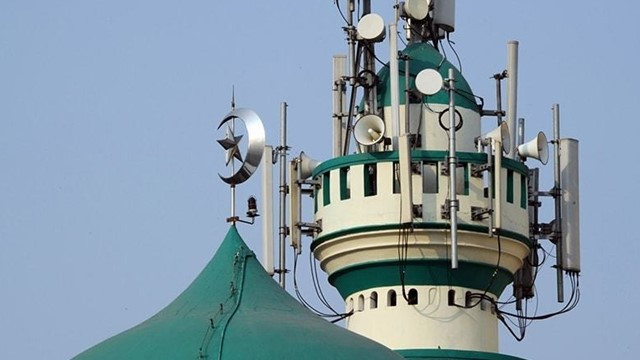
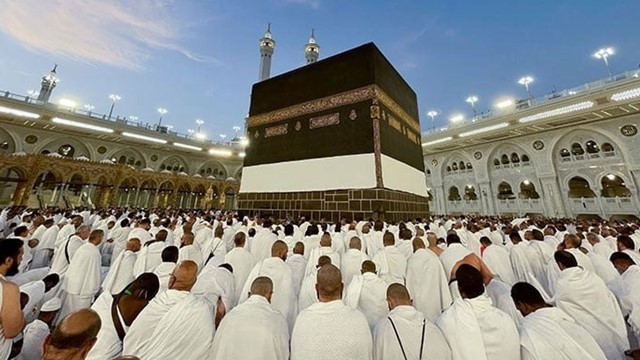
Comments Here: